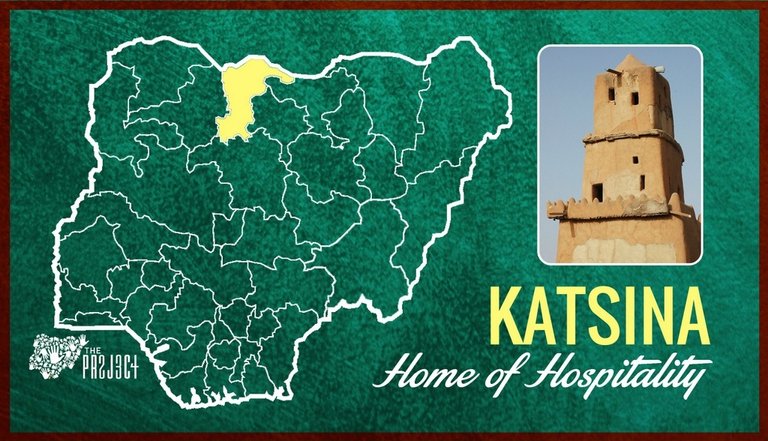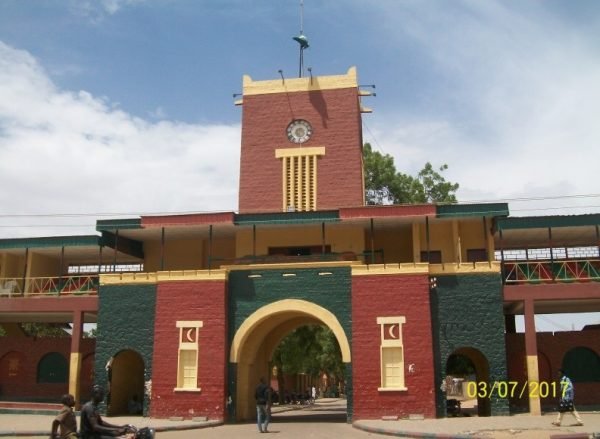
Going by popular oral histories and legend, Katsina state, through created only in 1987 by the Babangida administration, is the ancestral home of the entire Hausa nation of northern Nigeria.
Centuries before the state was birthed in its current form, Katsina town, one of the original seven Hausa city-states, had been an important centre for trade and Islamic studies in Nigeria's northern provinces; rivalled only by the neighboring Kano. Katsinais built around the ancient city of Daura whetr the travelling Bayajidda is believed to have settled after journeying across the Trans-Sahara trade routes.

At Daura, Bayajjida is said to have slain a large snake which live in a local well and, hitherto, terrorized the people and prevented them from drawing water. The brave hero was richly rewarded, and ended up married to the queen of Daura; together they has seven sons who later founded the seven Hausa cities of Daura, Kano, Zaria, Gobir, Katsina, Rano and Biram. Katsina, along with the other states, flourished through several centuries; protected by high city walls and fierce cavalries. The reign of the Hausas over the north came to an end in 1804 as Usman Dan Fodio's Jihadists deposed the rulling dynasties and established emirates —still fairly intact to this day—in their place.

Katsina state shares its northern border with the Niger Republic. It is flanked to the rest by Kano and Jigawa states, while Kaduna and Sokoto states lie to its south and west respectively. The state's local economy is largely sustained by its farmers, traders, and craftsmen. Fulani nomadic cattle rearers tend to cows, sheep and goats, while most farmers cultivate cotton, groundnuts, millet, maize, rice, wheat, and vegetables. Traditional crafts practiced in Katsina include cloth wearing and dyeing, leather work, and metallurgy.

Hello! I find your post valuable for the wafrica community! Thanks for the great post! @wafrica is now following you! ALWAYs follow @wafrica and use the wafrica tag!